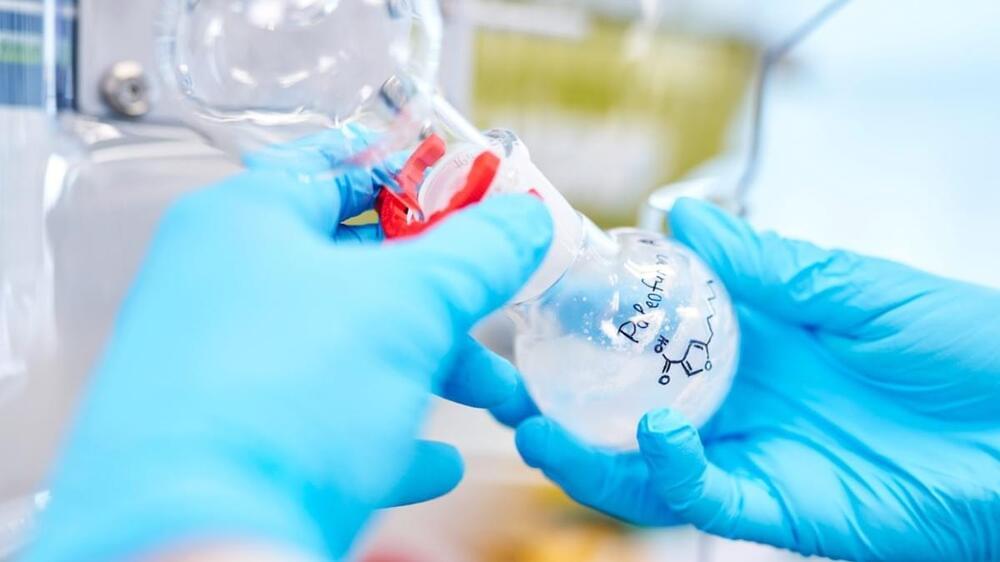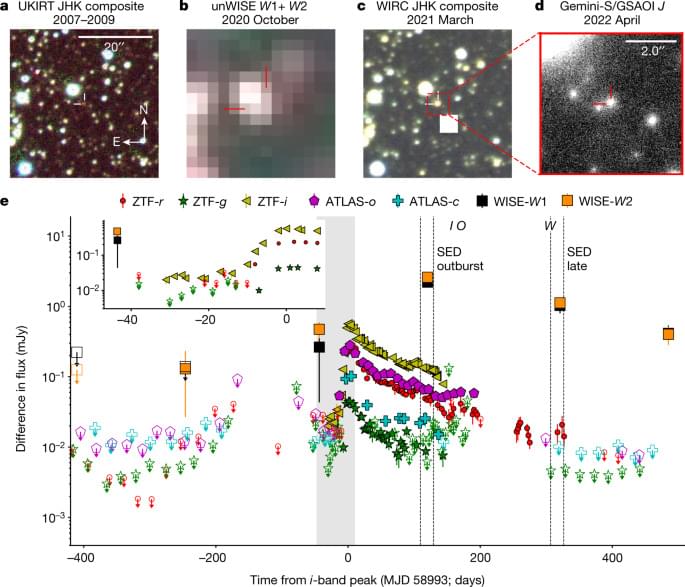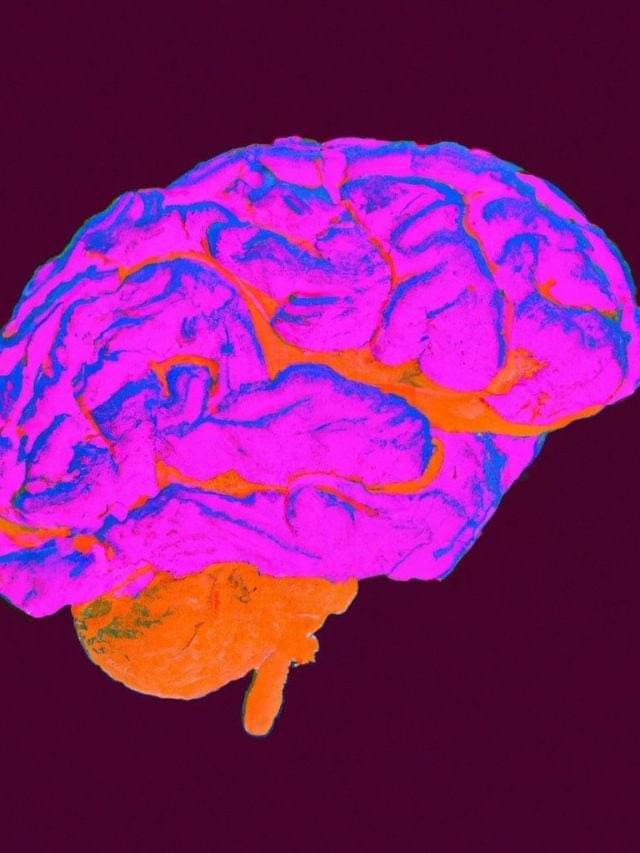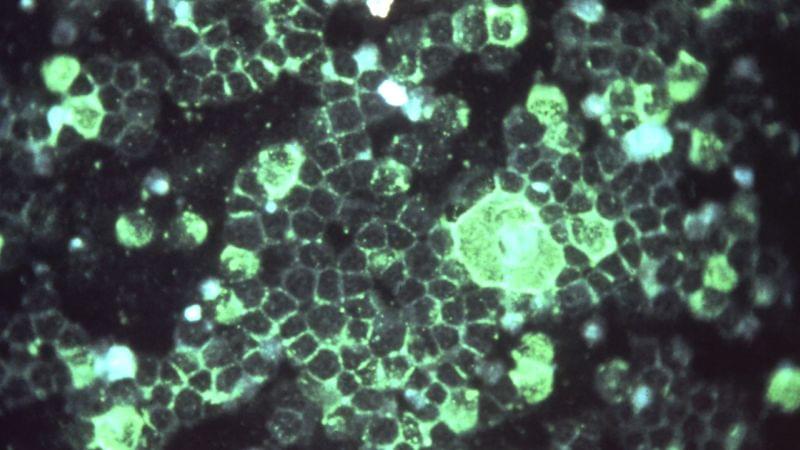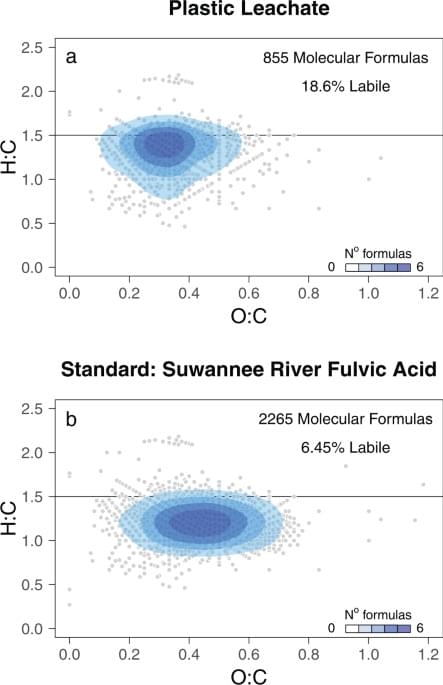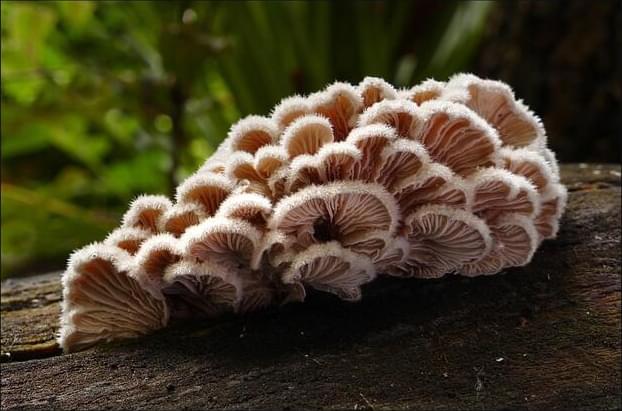The antibiotics of tomorrow might just have their origins in the deep past thanks to a new class of compounds called “paleofurans.”
Observations of ZTF SLRN-2020, a short-lived optical outburst in the Galactic disk accompanied by bright, long-lived infrared emission, show that the resulting light curve and spectra are consistent with the signatures of a planet being engulfed by its host star.
Discover the latest exciting, breaking research news for artificial intelligence and machine learning.
PacWest Bancorp said late on Wednesday it was in talks with potential partners and investors about strategic options after shares of the Los Angeles-based lender and several other U.S. regional banks tumbled amid fears of a worsening banking crisis.
Peter Morici, professor emeritus at the University of Maryland, joined NewsNation Now to discuss.
#BankCollapse #PacWest.
Watch #NewsNationNow: https://www.newsnationnow.com/joinus.
“NewsNation Now” is a no fluff, no filler newscast hosted by Nichole Berlie featuring up-to-the-minute news drawing from a network of journalists across the U.S. Weekdays starting at 1p/12C.
NewsNation is your source for fact-based, unbiased news for all America.
Quantum Supremacy
Posted in computing, cosmology, quantum physics
We’re hearing this week from two very different parts of the string theory community that quantum supremacy (quantum computers doing better than classical computers) is the answer to the challenges the subject has faced.
New Scientist has an article Quantum computers could simulate a black hole in the next decade which tells us that “Understanding the interactions between quantum physics and gravity within a black hole is one of the thorniest problems in physics, but quantum computers could soon offer an answer.” The article is about this preprint from Juan Maldacena which discusses numerical simulations in a version of the BFSS matrix model, a 1996 proposal for a definition of M-theory that never worked out. Maldacena points to this recent Monte-Carlo calculation, which claims to get results consistent with expectations from duality with supergravity.
Maldacena’s proposal is basically for a variant of the wormhole publicity stunt: he argues that if you have a large enough quantum computer, you can do a better calculation than the recent Monte-Carlo. In principle you could look for quasi-normal modes in the data, and then you would have created not a wormhole but a black hole and be doing “quantum gravity in the laboratory”.
A few hours ago, the Fuego volcano erupted in Guatemala.
An orange alert has been declared.
The eruption resulted in the formation of ash columns over 5 km high.
Lava flows began to descend from the crater.
Abundant volcanic ash fell on nearby villages.
The evacuation of residents and the blocking of roads begins.
It is expected that the activity of the volcano will continue for at least another 24 hours.
Fuego is one of the most active volcanoes in the country.
It is located 40 km from the capital of Guatemala.
Year 2014 face_with_colon_three Basically the whole bodies cells could be a pacemaker enabling even immortality with electricity at low voltage.
In pigs, scientists have succeeded in turning cardiac muscle cells into specialized pacemaker cells. Such technology could eventually replace electronic pacemakers, researchers say.
After a 60-year scientific quest, the world has its first vaccine to protect against respiratory syncytial virus, or RSV – and more are on the way.
On Wednesday, the US Food and Drug Administration approved Arexvy, made by GSK, which is designed to be given as a single shot to adults 60 and older.
It could be available for seniors as soon as this fall, pending a recommendation for its use from the US Centers for Disease Control and Prevention’s Advisory Committee on Immunization Practices, which next meets in June.
face_with_colon_three 2022 Microbes can now clean up plastics in lakes, streams, and oceans eventually.
Ultra-high resolution mass spectrometry revealed that plastic bags leach labile compounds. Bioassays performed in Scandinavian lakes indicated that these compounds are incorporated into biomass faster and more efficiently than natural organic matter.
